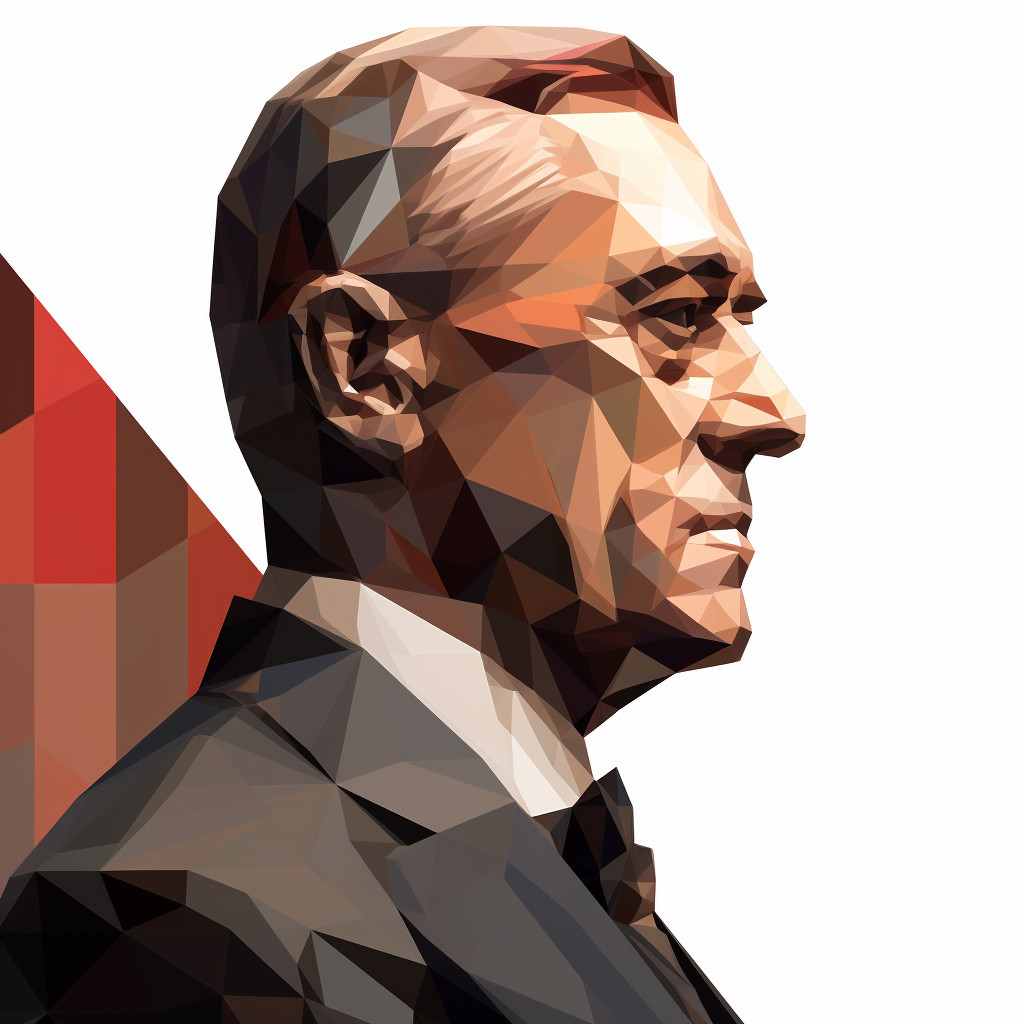This quote expresses a preference for the power of ideas over the influence of individuals. It suggests that while individuals may come and go, the ideas they generate and propagate can endure, evolve, and continue to impact society long after they’re gone. This is because ideas, unlike people, are not bound by the physical constraints of mortality. They can be passed on, shared, and built upon by successive generations, making them immortal in a sense.
Moreover, the quote also highlights the potential of ideas to provoke thought, inspire change, and shape the course of history. It underscores the belief that it’s not necessarily the people who are important or influential, but rather the ideas they represent and the actions they inspire.
Applying this concept to today’s world, we can see how certain ideas have outlived their originators and continue to influence society. For instance, the ideas of democracy, human rights, and equality have survived centuries and continue to shape political and social systems around the world. In the realm of science, theories proposed by scientists like Albert Einstein or Charles Darwin continue to guide research and understanding, long after their deaths.
In terms of personal development, this quote can serve as a reminder of the enduring impact that our ideas can have. It encourages us to focus on cultivating and sharing impactful ideas, rather than seeking personal recognition or fame. It suggests that our true legacy lies not in our personal achievements or attributes, but in the ideas we contribute to the world, and the changes these ideas inspire.








